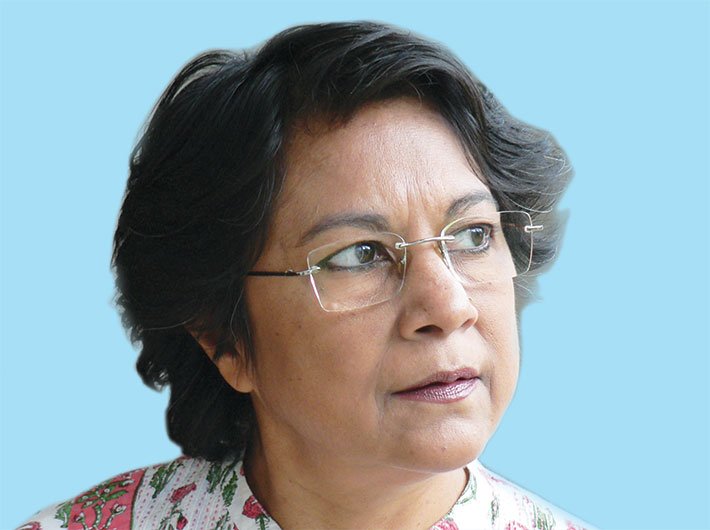Suman Sahai, founder, Gene Campaign talks about why the GM technology is outdated
Will the release of GE mustard reduce oilseed imports?
Saying that GE mustard will slash the oil import bill is just baloney. Farmers are not able to make money from the farm. You enable the farmer to make money from mustard or pulses or anything else, and you will have production. Look at the product honestly and evaluate it on the basis if this product is really going to make a positive difference. [Going by] the account of yield that Pental’s group is claiming, there is no yield.
According to the safety assessment report, the tests on GE mustard have been done by accredited labs in the country. The why do you doubt them?
Who is getting the tests done? I have friends in NIN [National Institute of Nutrition, Hyderabad]. They are a huge bunch of corrupt people. Why don’t you set up a board, send the sample – they should not know whose sample it is – and then carry out the tests? Try and remove all areas where corruption or influence has a role to play, or you make the complete data available for public where it is accessible.
Activists argue DMH 11, like BT cotton, will go in the hands of multinationals and bring in their monopoly. Your comments?
That’s the whole other set of drama that is happening about a public sector institution. Monopoly happened at the time of BT cotton. But here the problem is not that. It is about setting up a strict regulatory and safety assessment framework. I am concerned about these NGO communities that go rampaging in protests, with half-truths and overstating the case. They do what exactly the industry does, but there are also very sober and reflective people in society who are working; there are people who are trained as scientists and know what they are talking about. We have to put the system in place before we start introducing GMOs in the market. Now, seed cost might be a problem. In case of BT cotton, the first ever study on its performance was done by our organisation, Gene Campaign. Since it was performing really well, they shot up the prices dramatically. Any technology which is expensive will add to the farmers’ woes.
Pental says protesters have not done their homework. Your take?
This is the most absurd thing to say. Tomorrow if any common man wants to read and understand and discuss with scientists, they will be equally competent. I and 25 other people are already informed that there is no law on liability or labelling. The unfortunate thing is that we don’t have strong consumer groups in this country. Saying we lack knowledge is brainlessness.
How do farmers feel about GM crops?
We did a ‘knowledge attitude and perception study’ on our Gene Campaign website. Firstly, farmers are willing to try everything because they are curious. If you tell them that here is your seed, it will increase your production, the farmer per se has no reason to think you are a liar. That’s why companies dupe farmers. There’s a huge racket going on there. The companies never give bills to the farmers because then they can be traced back. So farmers buy seeds in good faith and thus suffer damage and failures. I think that farmers have to be spoken to honestly, like we as consumers are to be spoken to honestly. A farmer is only concerned with the seed that will give him higher production.
Don’t you feel that population growth makes GM crops imperative?
GM technology is already obsolete. There are many other things in the pipeline, for example, marker reading selection. You can select favourable genes by locating markers and you can breed with that. You now have the ‘crisper’ which makes gene editing much more precise. So, the days of genetic modification or engineering are over. One cannot hang on to the tales of the multinationals. We need to see things from the Indian context. Monsanto never had the patent, yet they milked every public and private sector institution, but that’s how they make fool of you.
(The interview appears in November 16-30, 2016 edition of Governance Now)

